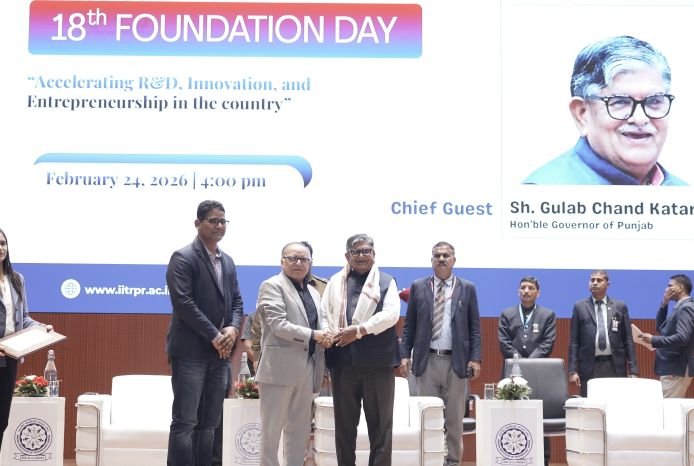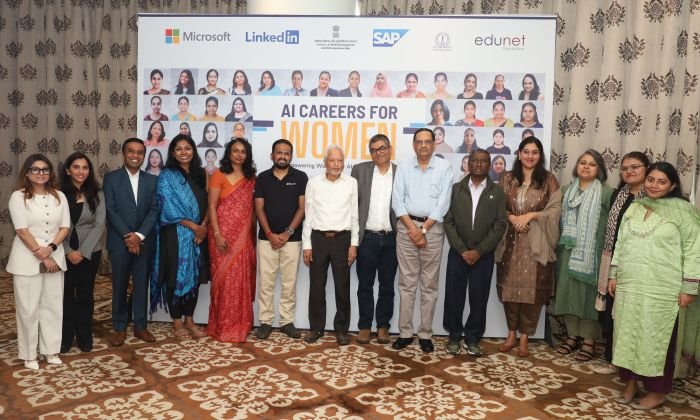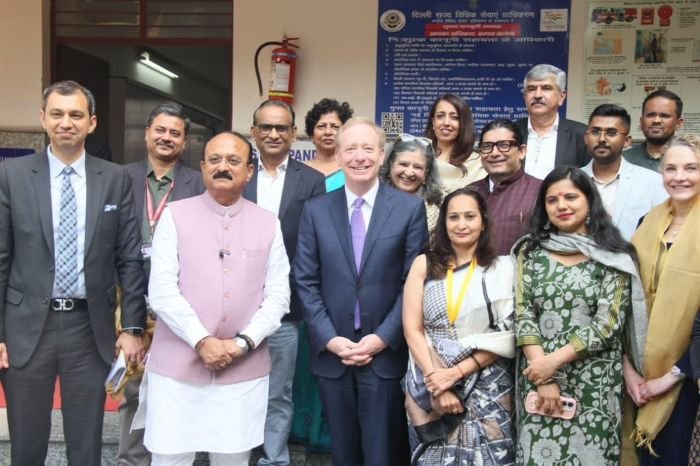
Sona College of Technology, Salem (TN) has set up an AI-assisted Open Access platform to make paywalled research publications and journals accessible to the researchers’ community.
Since its launch, the platform has seen a 16% – 18% increase in monthly impressions across search engines such as Google. An increase in views corroborates increased downloads and ultimately paves the path for better citations.
It all began last year after the college conducted an analysis to identify the accessibility of their published research; the percentage of publications that are paywall-restricted. To their estimate, more than 75% percent of research articles published from the college is hidden behind a paywall and are not easily accessible by readers across the globe, therefore limiting the reachability and citability of published research.
In the last ten years, Sona College has published more than 8,000+ publications in research, including 514 Scientific Articles, 50 Edited Books, 58 Chapters in Books, 268 Proceedings, 75 Pre-prints, and 4 Monographs. The repository also comprises 2000+ National and International Journals.
Of total scientific articles published, 60.34% of scientific articles have regularly received citations from the Web of Science and Scopus.
Dr. S. R. R. Senthil Kumar, principal, while commenting on the new initiative said, “Paywalls severely limit the accessibility of research papers. If reading a paper requires a reader to spend $40, most likely, the reader wouldn’t pay. We need to make a bold push that makes scholarly literature accessible for free to everyone in this country. Sona College of Technology has taken the first step, and we hope that other technology-led and engineering institutes do the same.”
According to numerous studies and preliminary analysis, there exists a strong correlation between article downloads and citation count – Source1, Source2. The institute also found the reader demographics to include corporates and MNCs. This has opened up potential collaboration opportunities in different sectors.
As of today, around 81% of global publishers formally allow some form of self-archiving in Open Access knowledge repositories. Self-archiving is essentially when the author uploads a free, electronic copy of their research in an online repository, thus making it accessible for other researchers as pre-prints or post-prints.
Scholarly Publishing and Academic Resources Coalition (SPARC) Europe has performed numerous studies to verify that almost 35% to 600% increase in citability is observed by adapting and promoting the usage of Green Open Access.
Prof. Dr. R. Malathy, professor and Dean at Sona College of Technology, who oversaw this initiative, said, “As an institute, we recognise that it is our duty to make a difference. We consider it our responsibility to offer all researchers the opportunity to disseminate their work more widely. This platform will also help us achieve green open access to align with the Government’s latest policies in science, technology, and innovation.”
The institute further aims to join the growing list of international universities that introduce ‘rights-retention’ policies. It’s a popular initiative that ensures researchers and faculty keep the right to share their work in repositories without breaching copyright agreements. A move that will be welcomed by the community.
The Indian government is also pushing for a “one-nation, one-journal subscription plan” that promotes open access. This is a follow-up to Europe’s Plan S initiative. Since India is one of the largest producers of STEM publications, any movement in a country of 1.3 Billion people will call for a global push.








